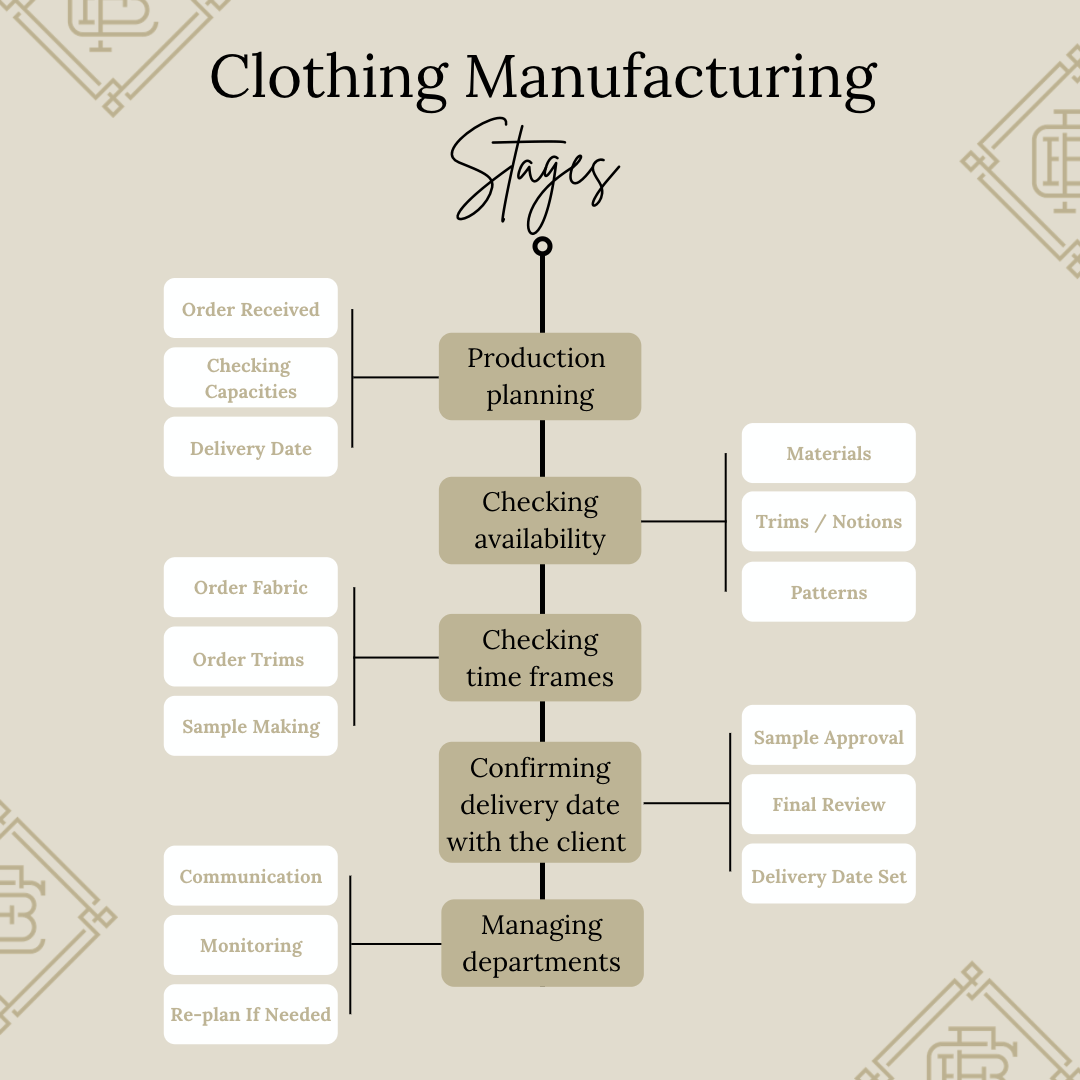
Key Operations in an Apparel Company: Navigating the Fashion Industry
Introduction
The apparel industry is a complex and dynamic sector that encompasses the design, production, and distribution of clothing and accessories. Within this fast-paced environment, apparel companies must efficiently manage a multitude of operations to stay competitive and meet the ever-changing demands of consumers. This blog aims to explore the key operations involved in running an apparel company, providing insights into the critical processes that drive success in the fashion industry.
- Product Design and Development
The foundation of any apparel company lies in its product design and development operations. This stage involves creative ideation, trend analysis, market research, and the actual design process. Apparel companies employ skilled designers and merchandisers who translate consumer insights into fashion-forward concepts. Once the designs are finalized, prototypes and samples are created for testing and evaluation. This stage also includes sourcing raw materials, such as fabrics, trims, and embellishments, and establishing relationships with suppliers.
- Supply Chain Management
Efficient supply chain management is crucial for apparel companies to ensure a smooth flow of materials, timely production, and on-time delivery of finished goods. This operation involves managing relationships with suppliers, negotiating contracts, forecasting demand, and maintaining optimal inventory levels. Supply chain managers must also oversee logistics, including transportation, warehousing, and customs compliance. With the rise of sustainability concerns, many apparel companies are also integrating ethical sourcing and responsible manufacturing practices into their supply chain operations.
- Production and Manufacturing
The production and manufacturing process in the apparel industry involves transforming raw materials into finished garments. It includes activities such as pattern making, cutting, sewing, and quality control. Apparel companies must carefully manage production timelines, ensuring efficient use of resources and adherence to quality standards. Depending on the company’s size and structure, manufacturing can be done in-house or outsourced to specialized factories or contractors. Adopting technology and automation in this operation can help streamline production, reduce costs, and enhance productivity.
- Sales and Marketing
Successful sales and marketing strategies are essential for apparel companies to reach their target customers and drive brand awareness. This operation involves market research, advertising, public relations, and retail partnerships. Sales teams work closely with retailers to promote and distribute products effectively, while marketing teams employ various channels, including digital marketing, social media, and influencer collaborations, to engage with consumers. E-commerce platforms have also become vital for apparel companies, providing a direct avenue for sales and customer interaction.
- Retail Operations
For apparel companies with brick-and-mortar stores, retail operations play a significant role in their success. This operation encompasses store layout and design, visual merchandising, inventory management, and customer service. Efficient inventory management is particularly crucial to ensure the right products are available at the right time, minimizing stock outs and overstocks. Enhancing the customer experience through knowledgeable and attentive staff, engaging visual displays, and seamless checkout processes are also vital for maintaining customer loyalty.

- E-commerce and Online Presence
The advent of e-commerce has revolutionized the apparel industry, making an online presence essential for apparel companies. Managing e-commerce operations involves website development, user experience design, order fulfillment, and customer service. It requires robust online platforms that are mobile-friendly, secure, and capable of handling high volumes of traffic. Implementing effective digital marketing strategies, personalized recommendations, and hassle-free returns processes can further enhance the online shopping experience and drive customer loyalty.
Conclusion
In conclusion, the apparel industry is a complex ecosystem with a multitude of operations that must seamlessly work together for an apparel company to thrive. From product design and development to supply chain management, production and manufacturing, sales and marketing, retail operations, and e-commerce, each operation plays a vital role in shaping the success of an apparel company. By effectively managing these key operations, apparel companies can navigate the challenges of the fashion industry, stay relevant in the market, and deliver desirable products to their target consumers. As the industry continues to evolve, embracing innovation, sustainability, and customer-centric approaches will remain critical for the long-term growth and sustainability of apparel companies in the dynamic world of fashion.
